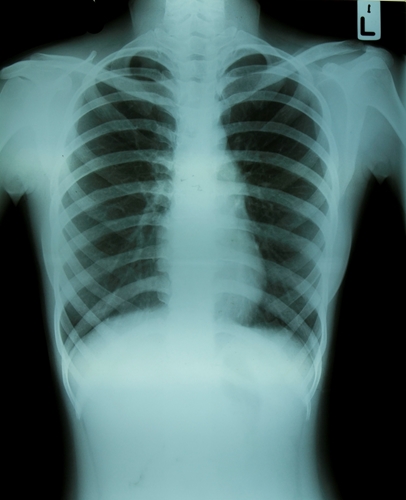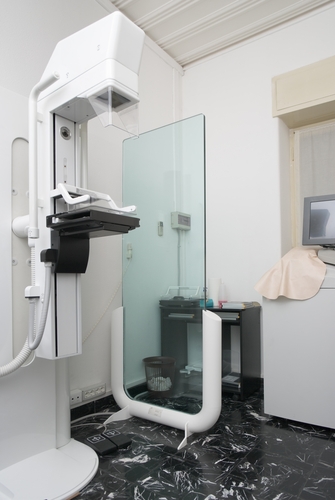The safety of patients is paramount when they agree to undergo diagnostic imaging procedures that contain potentially harmful features, like radiation and iodine. Researchers from the Mayo Clinic determined, however, that the intravenous use of contrast material was safer than previously thought.
The study's findings, published online in the journal Radiology, showed that IV contrast-enhanced CT is safe for most patients and does not increase the incidence of death or kidney damage. Led by Robert McDonald, M.D., a radiology resident at the Mayo Clinic in Rochester, Minnesota, researchers set out to address previous studies that linked the use of iodine-based contrast CTs to kidney damage.
McDonald and his colleagues noted that risks attributed to IV contrast material were estimated from research that lacked control populations of patients who were not administered the contrast. As a result, guidelines from the American College of Radiology recommended limited use of the materials for high-risk patients who have diabetes, heart failure or renal failure.
"For nearly 60 years, physicians have worried about contrast-induced nephropathy when using iodinated contrast material, particularly for patients with impaired kidney function," McDonald said in a release. "Emerging evidence now suggests these concerns are likely vastly overestimated."
The team of doctors reported that their retrospective study found that administering the contrast was not associated with elevated risk of death, acute kidney injury or dialysis, even for patients with pre-existing conditions, Diagnostic Imaging explained.
Gathering the right facts
McDonald's researchers identified two groups for the study: contrast material-enhanced and unenhanced abdominal, pelvic and thoracic CT scans that were conducted from 2000 to 2010. A total of 21,346 Mayo Clinic patients were included, with 10,673 having received IV contrast material and 10,673 who underwent similar CT exams. The groups were closely matched depending on demographic and clinical characteristics.
The doctors focused on adverse events following CT scans, including acute kidney injury, emergency renal dialysis and fatality within 30 days of contrast exposure. They found no significant differences between the two groups at the conclusion of the study. Patients who developed acute kidney injuries had higher mortality and dialysis rates, but the contrast materials were not the only factors at work for either result.
According to HealthImaging, roughly 40 million of the CT scans performed every year in the U.S. use contrast materials administered via IVs. The research from McDonald and his team shows that the enhancement does little to put patients at risk, but should still be carefully monitored during medical imaging procedures.
Contact Viztek for more information.
Ronny Bachrach
Latest posts by Ronny Bachrach (see all)
- Konica Minolta Debuts First-of-Its-Kind Digital U-Arm System at AHRA - July 27, 2016
- Researchers Detect Signs Of Stroke Risk Using MRI - June 27, 2016
- Imaging Biz: Q&A with David S. Channin MD: How to Make PACS Patient Centered - June 22, 2016










